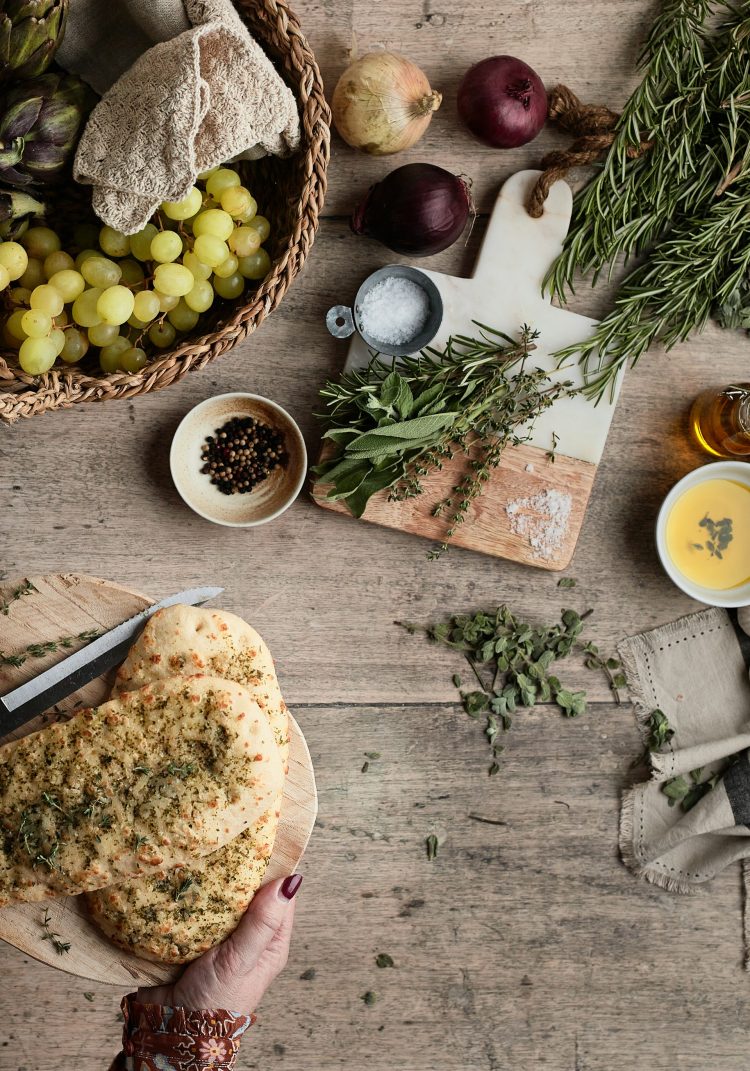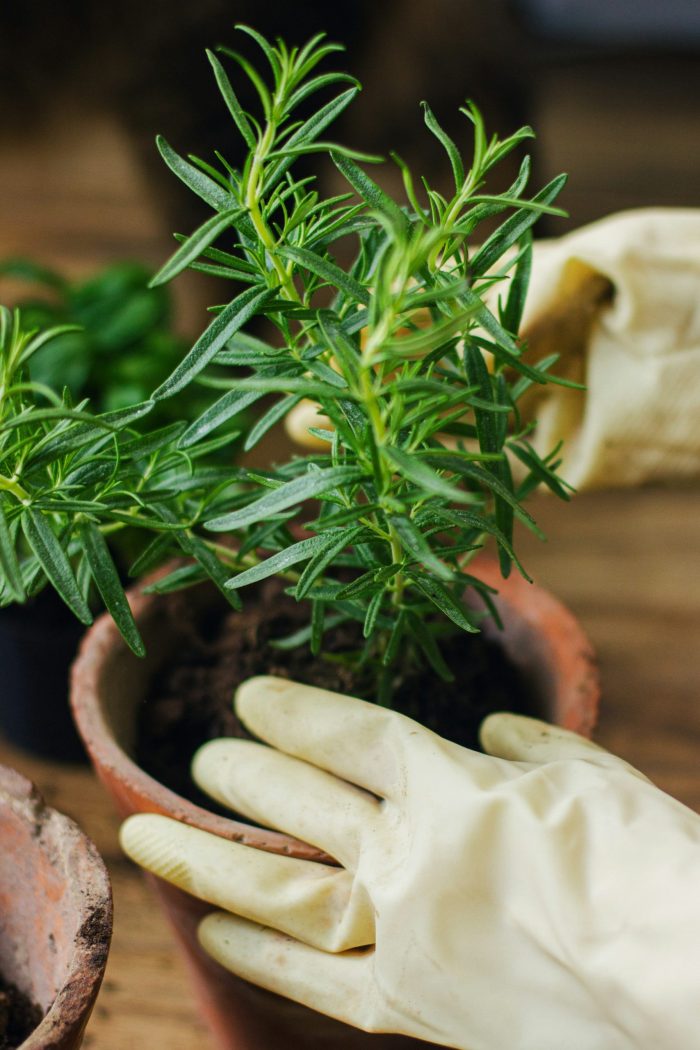Rampant Rosemary
Q.
We see Salvia Rosmarinus, or rosemary, feature in centuries of historic note, superstition, and potion-making. What special qualities have people ascribed to this savory, beautifully fragrant herb?
.
A.
Joseph is said to have used rosemary in lining Jesus’ manger to help fend off insects.
Rosemary potions were uniquely popular in the Middle Ages, seen as both medicine and a grand proclamation of love. Rosemary has been tied into wedding wreaths, and lain carefully down upon graves as a sign of remembrance.
This notion of rosemary as a sign of remembrance goes back to the Ancient Greeks, who would don wreaths or crowns of Salvia Rosmarinus – particularly in important ceremonies – to both signify loyalty, and to enhance their memory and concentration powers.
In Shakespeare, we see the herb invoked as the Friar instructs Juliet’s father to place rosemary on his daughter’s seeming corpse:
‘Dry up your tears, and stick your rosemary on this fair corse…’
.
.
Medieval folk also placed rosemary under their pillows to scare off nightmares, and invite in the sweetest of dreams. They might also tack rosemary on their door stoops to shoo away evil forces.
The Medieval Household Book suggests that its readers brew rosemary in water – along with sage and orange peel – to create a potion for washing their hands at the dining table.
The 17th Century’s Queen Isabella of Hungary created a magical health and beauty elixir from rosemary, assorted other herbs, blossoms and liqueur. The recipe, said Isabella, was delivered by an angel.
Some still believe that if rosemary grows wild about your garden, it is a woman, lo, who rules your household.
.
Header Photo: Olivie Strauss
Image #2: Getty Images









